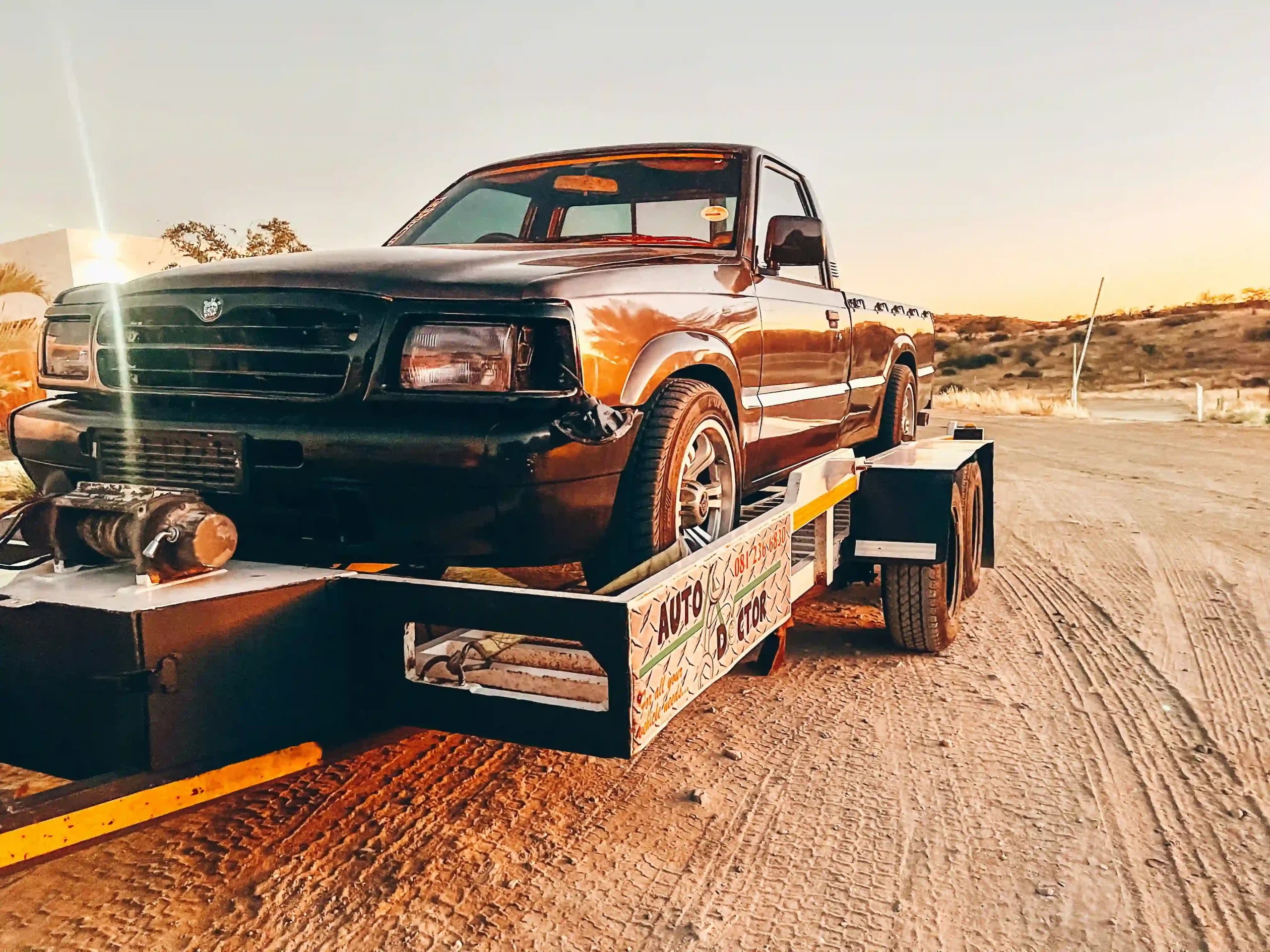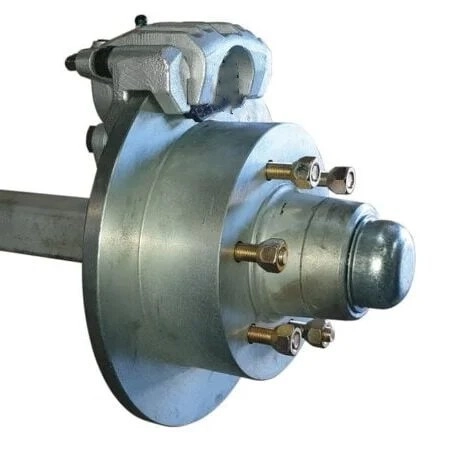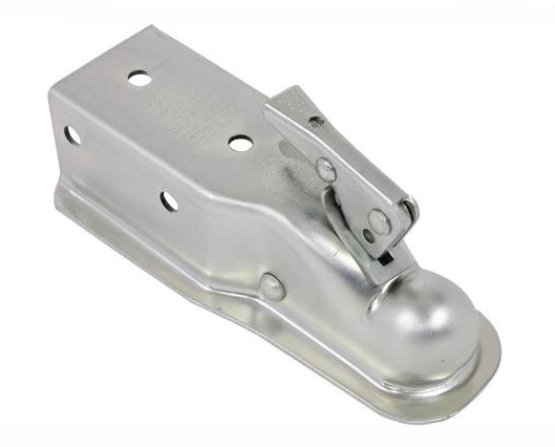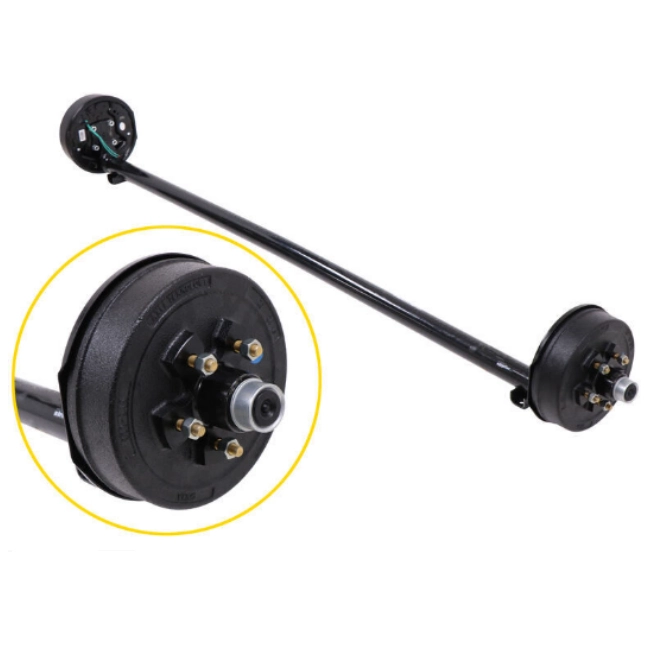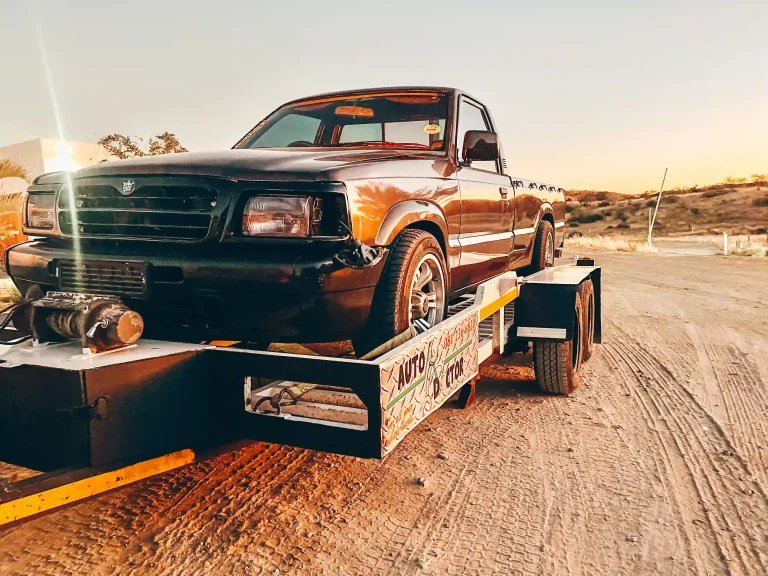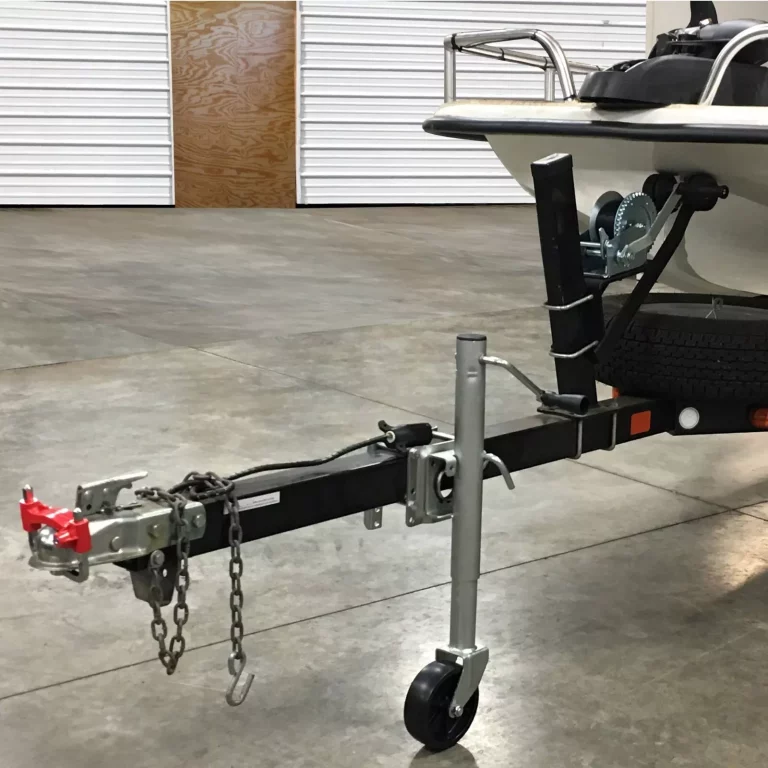Pulling a trailer in Texas is often a daily need—whether you’re moving gear for a job, carrying animals, or hauling a boat for a relaxing escape. Yet, grasping trailer towing requirements in Texas and sticking to trailer weight limits is vital for remaining lawful and keeping the roads secure. This article explores Texas towing rules thoroughly, providing useful tips to help you tow boldly and dodge hefty penalties or mishaps.
Why Trailer Weight Limits Matter in Texas
Trailer weight limits aren’t mere paperwork—they’re crafted to shield you, your load, and fellow travelers. Going beyond these boundaries can overburden your vehicle, harm your trailer, or trigger risky scenarios like brake breakdowns or wobbling. In Texas, the Department of Motor Vehicles (TxDMV) and Department of Public Safety (DPS) uphold firm guidelines to ensure road safety. For those with trailers, following the rules begins with understanding key figures: your trailer’s heft, your vehicle’s pulling strength, and the state’s legal caps. Let’s dive in.
Understanding Trailer Towing Requirements in Texas
What Are Texas Trailer Weight Limits?
Texas regulations sort trailers by their Gross Vehicle Weight Rating (GVWR)—the total mass of the trailer plus its contents. Here’s a brief rundown:
| Trailer Type | GVWR Limit | Registration Required? | Brake Requirements |
| Light Trailer | Up to 4,500 lbs | Yes | Not mandatory |
| Medium Trailer | 4,501–7,500 lbs | Yes | Brakes required if over 4,500 lbs |
| Heavy Trailer | Over 7,500 lbs | Yes | Brakes mandatory |
| Commercial Use (CDL) | Over 10,000 lbs | Yes | CDL may be required |
- Light Trailers (Up to 4,500 lbs):These are typical for small utility haulers or boat carriers. Brakes aren’t needed, but safety chains are essential.
- Medium Trailers (4,501–7,500 lbs):They suit bigger hauls like animals or tools. Brakes are a must here.
- Heavy Trailers (Over 7,500 lbs):Picture construction equipment or campers. These demand brakes and usually tougher checks.
How Does GVWR Impact Your Towing Gear?
Your trailer’s GVWR should match your vehicle’s pulling power. If you surpass your truck’s limit—even when the trailer fits Texas rules—you might void warranties or face breakdowns. So, review your vehicle’s guide or ask an expert to ensure they align.
Key Trailer Towing Requirements in Texas for Compliance
Registration and Checkup Rules
Every trailer in Texas must be registered with the TxDMV, no matter its size. Plus, those over 4,500 lbs GVWR need a yearly safety review. Skip these steps, and you could face fines of $200 or higher.
- Registration Steps:Head to your local county tax office with your trailer’s VIN and insurance proof.
- Checkup Advice:Make sure lights, brakes (if needed), and tires meet Texas norms before visiting an approved spot.
Brake Rules Tied to Trailer Weight Limits
Brakes can transform towing safety. Texas law states:
- No brakes required:Trailers under 4,500 lbs GVWR are fine without them.
- Brakes essential:Those over 4,500 lbs GVWR must have a working brake setup, typically electric or hydraulic. For tough towing jobs, think about switching to top-notch trailer brake parts to satisfy both legal and safety needs.
Safety Chains and Lights
Texas takes safety seriously:
- Safety Chains:They’re compulsory for all trailers, regardless of mass. Chains must cross beneath the hitch to secure the trailer if it breaks free.
- Lights:Trailers require active tail lights, brake lights, and turn signals. For broader loads, include reflectors or side markers.
Practical Scenarios: Applying Trailer Weight Limits in Texas
Pulling a Boat Carrier to Lake Travis
Picture yourself driving to Lake Travis with a 3,500-lb boat hauler. It’s below 4,500 lbs GVWR, so brakes aren’t mandatory. Still, safety chains and lights are non-negotiable. Ensure your hitch is solid with a dependable trailer coupling to prevent highway troubles.
Moving Animals Across the Panhandle
Say you’ve got a 6,000-lb animal carrier. That’s past the 4,500-lb mark. You’ll need brakes, a safety check, and proper registration. Fit your setup with sturdy trailer axles to manage the weight over long country roads.
Hauling Building Gear in Houston
Pulling a 10,000-lb equipment hauler? You’re in serious territory now. Brakes, checkups, and maybe a Commercial Driver’s License (CDL) are necessary. Also, confirm your rig follows Texas oversized load rules if it’s too wide or tall.
Final Tips for Safe and Lawful Towing in Texas
Keeping within trailer weight limits and meeting trailer towing requirements in Texas doesn’t have to feel daunting. Here’s a short list:
- Confirm your trailer’s GVWR and your vehicle’s pulling strength.
- Register and check your trailer when required.
- Add must-have safety items like brakes and chains.
- Maintain your gear often—worn pieces can cause breakdowns or penalties.
GO Trailer: Your Reliable Partner for Trailer Parts
Before we finish, let’s highlight where to find the equipment you need. GO Trailer is a dependable source for trailers and their components. They supply everything from brake setups to hitches, axles, and lights. Their top-quality items keep your towing safe and lawful. Whether you’re a casual hauler or a seasoned pro, their wide stock and know-how make them a prime choice for Texas trailer users.
FAQs: Trailer Towing Requirements and Weight Limits in Texas
Q1. What’s the heaviest trailer I can pull in Texas without brakes?
A1. Trailers with a GVWR of 4,500 lbs or less don’t need brakes under Texas rules. But adding them is wise for heavier loads or extended drives.
Q2. Do trailer weight limits in Texas count the load?
A2. Yes, these limits refer to the GVWR, which covers the trailer’s empty mass plus its contents. Always tally the full amount to stay lawful.
Q3. Can I pull a trailer over 10,000 lbs with a regular license in Texas?
A3. It varies. For personal use, a standard license works if the truck and trailer’s combined GVWR is under 26,001 lbs. Beyond that, or for work, a CDL might be needed.
Q4. How often must I check my trailer under Texas towing rules?
A4. Trailers over 4,500 lbs GVWR require a yearly safety review. Smaller ones skip this but still need registration.
Ready to Tow with Assurance? Act Now!
Don’t let rule slip-ups or safety hazards hold you back. Whether you need a fresh brake setup, a strong hitch, or solid advice, GO Trailer has your back. Check out their array of trailer parts today and travel Texas roads worry-free. Safe towing begins with the right tools—grab yours now and haul like an expert!


